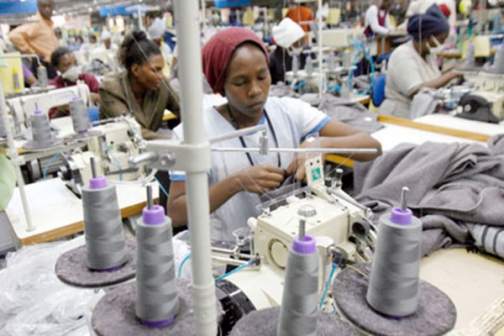×
The Standard e-Paper
Smart Minds Choose Us

NAIROBI, KENYA: The debate on the challenges Small and Medium Enterprises (SMEs) face in relation to the cost of power was picked up recently by the president, which underscores the enormity of the matter.
I agree power is a factor but that does not mean if we lower its cost immediately there will be significant growth in the SME arena. There are, however, several areas that the government can work on to lessen the challenges facing SMEs.







